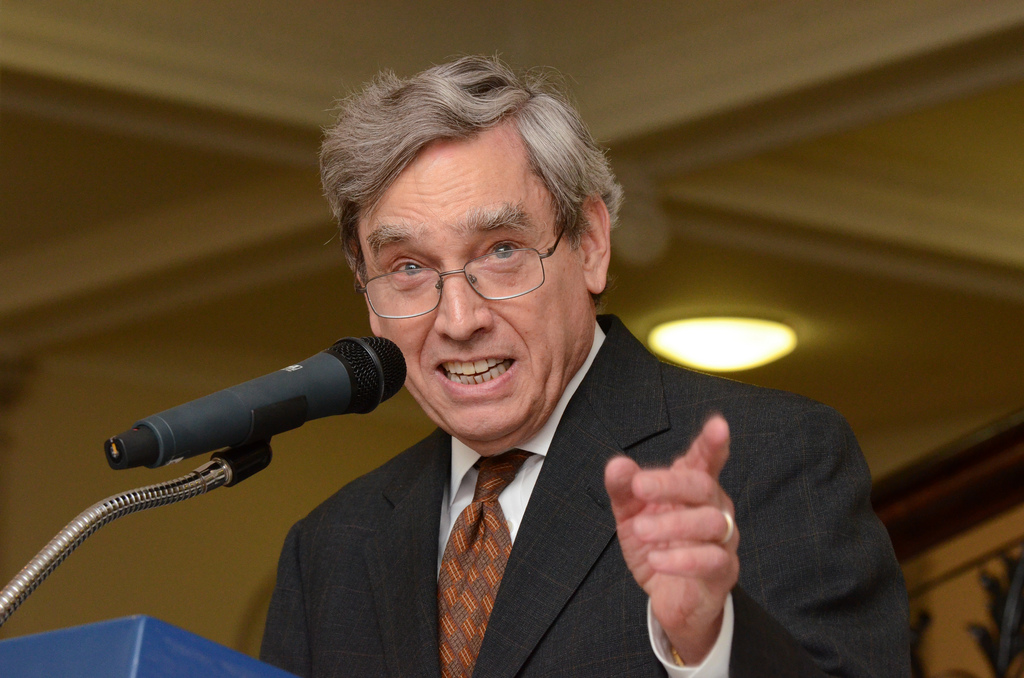
Massachusetts Commissioner of Higher Education Richard Freeland is leading a national effort to determine what public college graduates know how to do.
The College Board, the company that produces the SAT, announced Wednesday its college admission exams don't focus enough on important academic skills. While the Board rethinks how to measure what students know before college, Massachusetts is developing a system that tests students' knowledge after college.
Massachusetts Commissioner of Higher Education Richard Freeland is leading a national effort to determine what public college graduates know how to do. Can they write, reason and think critically?
"Our strength is in being able to say to the people of Massachusetts this is what public higher education is delivering for this state," said Freeland
Freeland says parents and employers are increasingly asking "What do college graduates really understand?" He echoed that concern before education leaders at The Boston Foundation.
“What do we know about a student graduating from any college, including Harvard? That they've got 120 credits in 30 courses… and God knows what that means in terms of quality, in terms of knowledge. It's all over the map," Freeland said. "There’s a lot of skepticism out there.”
President Obama is also concerned and he want to tie the amount of federal aid colleges receive to certain outcomes, like graduation rates. Freeland says Massachusetts has a better idea, to take a close look at real student work samples. Freeland's assessments would look at essays, exams, lab work and presentations.
The pilot project launched last spring at some community and state colleges. Although results haven’t been made public yet, some faculty members are already upset the state is going too far.
Barabara Madeloni runs the high school teacher training program at the University of Massachusetts, Amherst.
“We don’t need phony measures that distance themselves from the actual work that we do as educators,” said Madeloni.
She says state and federal standards would undermine her work by focusing on training.
“We’ve seen the way that standards have reduced teaching and learning to technical work and career preparation," Madeloni said. "That’s not why we have public schools.”
According to Madeloni, any kind of statewide measurement would dilute what is essential to public education: a diversity of thought, experience, critical questioning and knowledge production.
Of course, the state's Department of Higher Education hopes its plan will improve knowledge production and teaching.
At Bunker Hill Community College, which serves many low-income and first-generation students, the graduation rate hovers around a low 16 percent. To get more students through college, President Pam Eddinger is looking for new pathways to graduation day so that they don't get caught in educational quicksand.
"We've done some accelerated combined courses," Eddinger said. "If you eliminate exit points where students can drop out, you can track them better."
And Eddinger is urging her faculty to welcome the state's proposed student-learning assessments.
“We need to have the public’s trust. We will take that data and do better,” said Eddinger.
Massachusetts isn’t alone. Eight other states, including Connecticut, Rhode Island, Indiana and Minnesota, are all expected to adopt similar experiments later this year.










